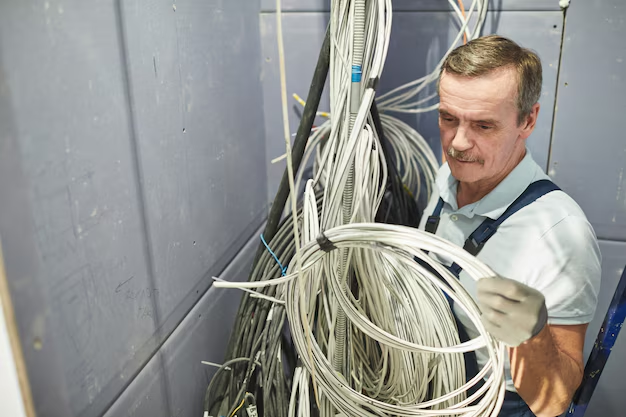Considering Licensing Reciprocity for Massachusetts Electricians in Maine
Are you a Massachusetts Master Electrician contemplating a move to Maine? You're not alone. The transition between states for certified professionals often raises questions about licensing reciprocity — the ability to have your professional qualifications recognized without the need to undergo retraining or retesting. So, does a Massachusetts electrician qualify to easily practice in Maine?
Understanding the Reciprocity Landscape
In the world of professional electricians, reciprocity agreements are common considerations. These agreements exist when two or more states recognize the validity of each other's licenses, thus simplifying the process for professionals to work across state lines without reapplying for a new license. However, each state's licensing board determines whether such agreements exist, and the terms are subject to change.
For electricians, Maine currently does not participate in direct reciprocity agreements with Massachusetts. This means a Massachusetts Master Electrician cannot automatically transfer their license to work in Maine. However, all is not lost. Maine offers pathways to certification that account for existing experience and qualifications, which helps experienced out-of-state professionals get licensed more efficiently.
Steps to Become a Licensed Electrician in Maine
While direct reciprocity may not be available, Massachusetts electricians can follow these steps to attain Maine licensure:
- Application Submission: Submit an application to the Maine Electricians' Examining Board.
- Verify Experience and Education: Provide detailed documentation about education and work experience. This includes providing copies of the current Massachusetts license, proof of completed job hours, and detailed work histories.
- Examination Requirement: You will typically have to take and pass the Maine electrical exam. The exam covers state-specific electrical codes and practices.
Taking these steps not only opens the door to Maine but also broadens your professional horizon in a thriving market.
Exploring Financial Assistance and Continuing Education
Transitioning to a different state can entail costs beyond licensing fees. Financial aid and educational opportunities can alleviate some of these burdens, particularly if you're preparing for exams or expanding your skills.
Consider these options:
Financial Assistance Programs
- State Workforce Programs: Check for any state-funded workforce development programs that might cover exam or training fees.
- Small Business Grants: If you're venturing into entrepreneurship, Maine offers various small business assistance programs that can help with startup costs.
Educational Opportunities
- Community College Adult Education Programs: Some community colleges offer reduced-cost courses that can help prep for licensure exams.
- Professional Trade Associations: Membership can provide access to workshops, continued education opportunities, and networking events that aid in your professional transition.
Becoming licensed in Maine can be a rewarding step for Massachusetts electricians, despite the initial challenges of meeting new regional requirements. The potential benefits, such as accessing a different market and broadening professional networks, make it a worthwhile consideration.
Quick Reference: Financial and Educational Resources 📚💡
- 🔹 Maine Workforce Development Grants: Aid in exam/training fees
- 🔹 SBA Loans: Support for those starting their own business
- 🔹 Community College Programs: Affordable prep courses
- 🔹 Trade Associations: Networking and continuing education
Embarking on a new professional journey in another state is no small feat, but with the right tools and resources, you can smoothly navigate the transition from Massachusetts to Maine.

